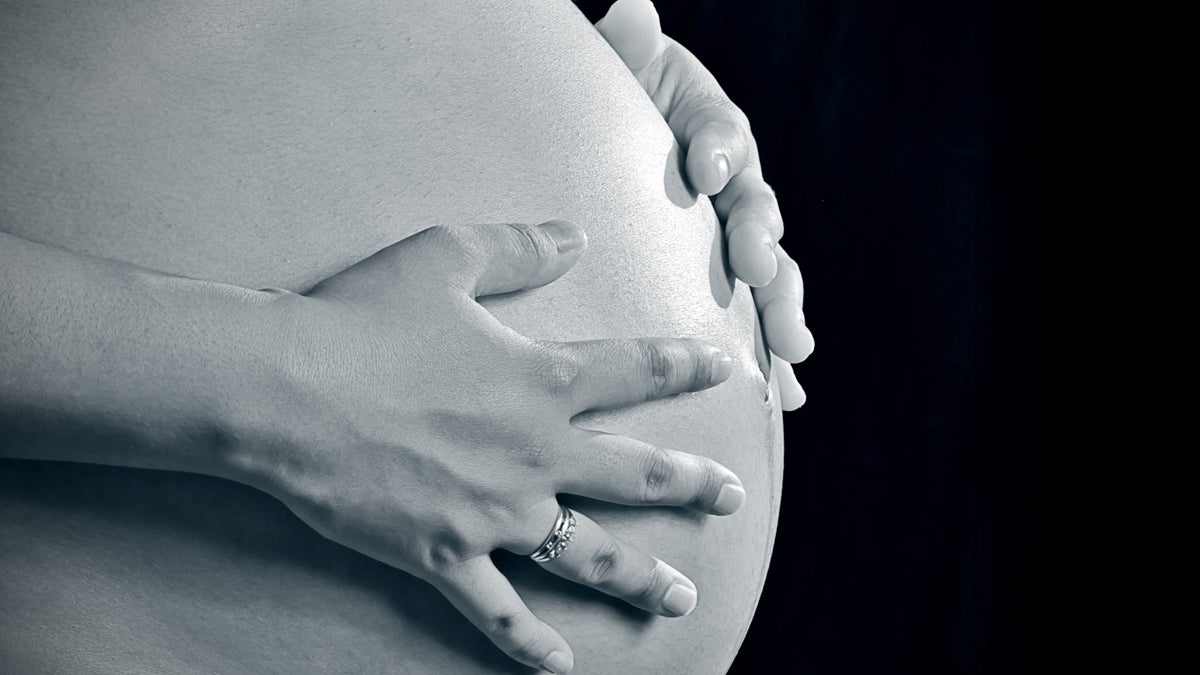Where is the line between disease control and eugenics?
Listen Photo via Flickr)" title="preggo" width="1" height="1"/>
Photo via Flickr)" title="preggo" width="1" height="1"/>
(Photo via Flickr)
Prenatal genetic testing can empower expectant parents, but some are concerned that we may have access to more information than we can handle.
“We’re almost getting a fire hose of information pointed at us,” says NYU medical ethicist Art Caplan, “and we have a very hard time figuring out, well, what does it all mean?”
Much of the information encoded in our DNA signals an increased risk for a disease, and the interpretation of risk factors is not simple.
“We’re all bad at statistics,” says Caplan.
For example, many would interpret a tripled risk of a disease as a serious concern, without considering that this might mean a jump from a minuscule one in a million to three in a million.
There is also disagreement over what should be screened for in the first place. Albinism, for example, may not be desirable to an expectant parent, but is not a serious disease.
Where should we as a society draw the line between disease control and eugenics?
Hear the whole interview with ethicist Art Caplan above.
WHYY is your source for fact-based, in-depth journalism and information. As a nonprofit organization, we rely on financial support from readers like you. Please give today.



